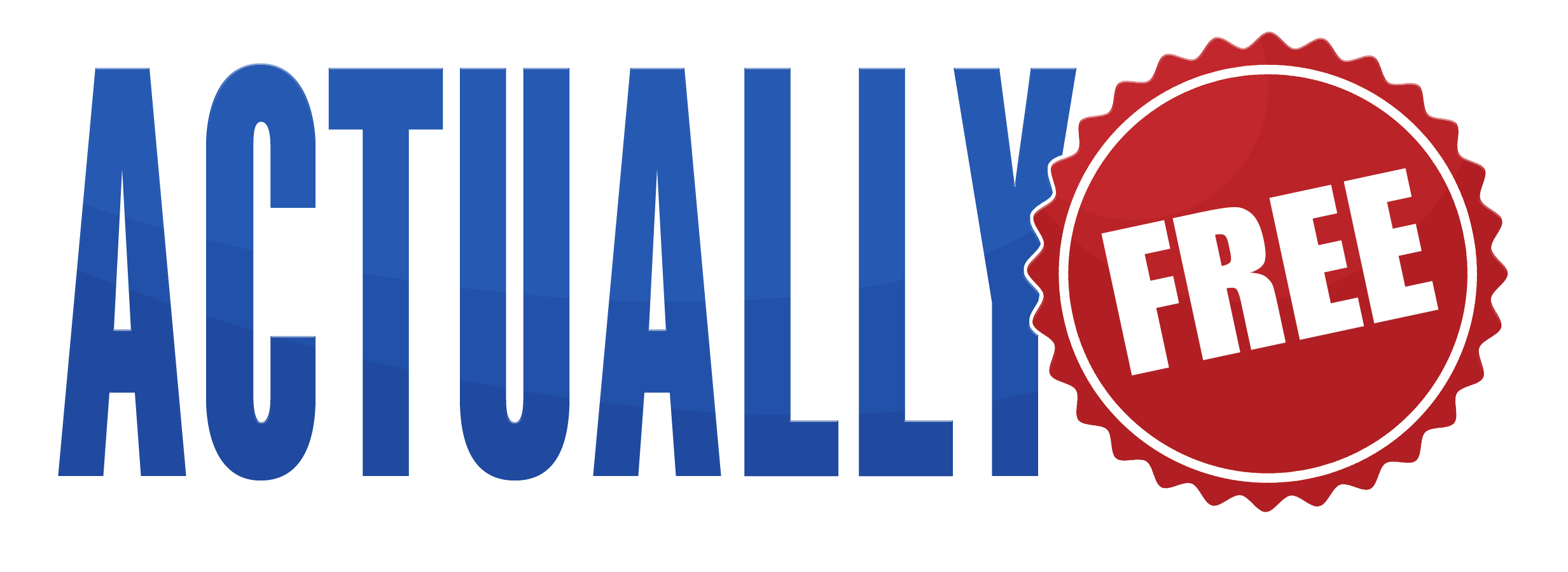Mystery Shopping
 Mystery shopping is when individuals are hired by businesses to shop anonymously and then fill out a report on their experience. Mystery shoppers are also called “secret shoppers,” “performance evaluators,” and “auditors.” Mystery shoppers are not professional critics or consultants. Businesses that hire them are not looking for publicity or advice. They will have specific instructions which should be followed. They want information to improve their products and service to become more competitive, and only the information that they ask for. Mystery shoppers are also not private investigators; although state law may require a PI license to become a mystery shopper. This is the case in at least two states, Nevada and Florida, according to one source (Newhouse).
Mystery shopping is when individuals are hired by businesses to shop anonymously and then fill out a report on their experience. Mystery shoppers are also called “secret shoppers,” “performance evaluators,” and “auditors.” Mystery shoppers are not professional critics or consultants. Businesses that hire them are not looking for publicity or advice. They will have specific instructions which should be followed. They want information to improve their products and service to become more competitive, and only the information that they ask for. Mystery shoppers are also not private investigators; although state law may require a PI license to become a mystery shopper. This is the case in at least two states, Nevada and Florida, according to one source (Newhouse).
Mystery shopping started with banks in the 1940s. Today there are over 750 mystery shopping companies in the US, plus more internationally, serving industries which include retail, hardware, clothing, restaurants, hotels, theaters, grocery stores, gas stations, drug stores, banks, auto specialists, and many others.
Here are few examples of mystery shopping assignments:
- Have pictures taken at a portrait studio and buy a package. Receive $100 reimbursement.
- Purchase a meal at a fast food restaurant. If the employee offers to upsize your meal then award him/her with a gift card. Gift card will be provided. Receive reimbursement for the meal plus $10.
- Purchase gas at a truck stop and buy something in the convenience store. Evaluate all sections of the store including the rest room. Receive reimbursement plus $15 fee.
- Purchase an item of clothing at a retail outlet up to $20. Receive reimbursement for the item.
- Stay overnight at a hotel. Evaluate all services including the local restaurant, room service, house keeping, and the wake-up call. Receive reimbursement up to $500.
The larger ticket assignments are usually given to veteran shoppers with 3 years of experience, 100+ previous shopping assignments or certification. Payment is received about 60 days after the assignment has been completed via check or PayPal.
Mystery shopping can be seen as a way to get freebies since assignments often require that the shoppers make a purchase, which they get to keep, and for which they are reimbursed. Mystery shoppers like their job because it’s fun and because it can be done anywhere, even when on vacation. This can help to offset the costs of a vacation. Some look at mystery shopping as a nice side job for extra cash or a good job to keep busy after retirement. For the overwhelming majority of mystery shoppers, it is not a sufficient source of primary income. A full-time mystery shopper who works 8 hours a day, 5 days a week, can earn up to $40,000 a year. Some mystery shoppers even work at a loss; however it is still beneficial for them to keep mystery shopping since they are essentially getting paid to do what they would be doing anyway, and they can take advantage of certain tax benefits. A loss from one source of income (mystery shopping) combined with a primary source of income decreases the overall taxable income, which means fewer taxes. Also more expenses, including a lot of every-day expenses, become tax-deductible.
Unfortunately there are scams off- and online related to mystery shopping which have lead to lost enthusiasm for many potential mystery shoppers. One scam is to charge a fee for access to a list of mystery shopping companies online. Another is to charge a fee to gain preference above other mystery shoppers for shopping assignments. Often these scams will have “guarantees” of success and empty promises of unrealistic amounts of money for becoming a mystery shopper. For more information on mystery shopping scams, visit FTC.org.
Information on mystery shopping is available for free, yet many individuals pay for education to better their skills, and the more successful mystery shoppers are the ones who do the work well. This means following the directions and giving good and accurate descriptions in the evaluations. Legitimate mystery shopping companies will not charge shoppers to shop for them, just like any business wouldn’t charge their workers to work for them. You should never have to pay to get paid. You can become a mystery shopper for free, with $0 initial investment. If you try a few assignments and decide you want to be better at it, then books, classes and certification are all available at certain prices. Although taking classes and getting certification are not required and books can be checked out at the library for free.
Mystery shopping companies, links, directories, educational materials and other resources can be found for free at the Mystery Shopper Providers Association (www.MysteryShop.org), any published book on the topic (free at your local library), as well as the Mystery Shopping Directory.
Sources:
- Moran, Elaine. How to Become a Mystery Shopper. Mystery Shoppers Training Group, Cula Vista, CA. 2008.
- Newhouse, Ilisha S. Mystery Shopping Made Simple. McGraw-Hill, New York, NY. 2004.

Most Commented